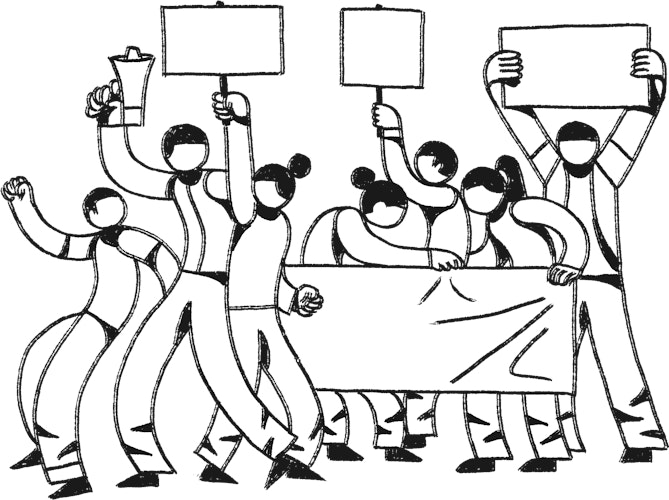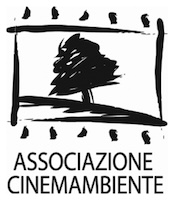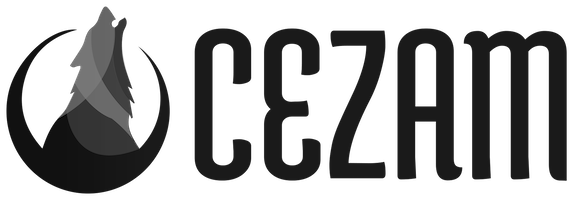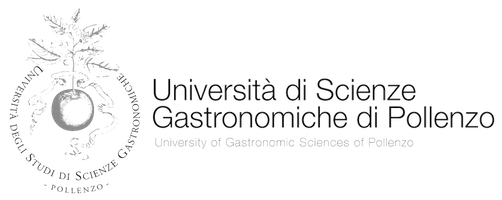Misère au Borinage
Directed by
The documentary is made of some films showing the repression of a strike in the USA, followed by others illustrating the struggles and everyday life of Borinage workers. Borinage is a mining area in southern Belgium, which had one of its most tragic times in the early Thirties. After the third pay cut in less than two years, in June 1932 the miners went out on strike. The protest reached its climax when 250.000 of them marched to Brussels. The repression was extremely violent: in July their defeat was complete. Henri Storck, an outstanding figure in Belgian cinematography, asked Ivens to cooperate with him in a film about the situation in Borinage, “to show all the world and help the miners”. The shooting was difficult and risky. The scenes were secretly shot or reconstructed by the miners. Back in Brussels, the two directors edited the film. At first Bertold Brecht was commissioned to write a comment, then they decided to make it silent with subtitles. Ivens himself stated that “with Borinage everything changes in my life by 180°”. The film was strongly criticized. It became a sort of “political identity card” and had a difficult distribution. The work is still one of Ivens’ greatest documentaries and a milestone for militant cinema.








